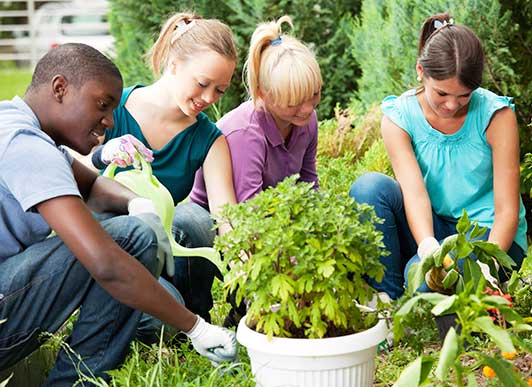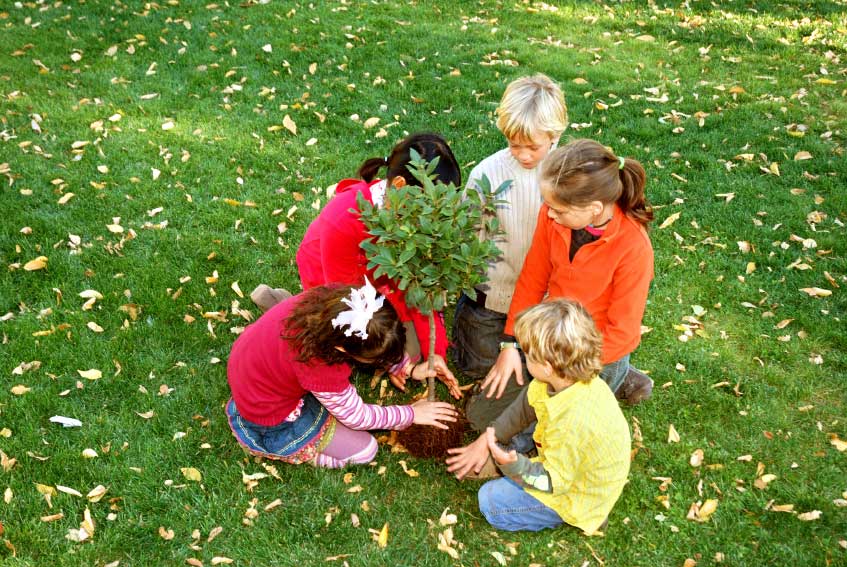Auburn (1)
Berlin (1)
Bolton (1)
Boylston (1)
Brookfield (1)
Charlton (1)
Dudley (1)
East Brookfield (1)
Fitchburg (2)
Gardner (2)
Grafton (3)
Groton (2)
Harvard (1)
Holden (7)
Hopedale (1)
Jefferson (2)
Leicester (1)
Leominster (4)
Lunenburg (3)
Milford (6)
Millbury (1)
Millville (1)
North Grafton (1)
Northborough (4)
Northbridge (2)
Oakham (1)
Paxton (4)
Petersham (1)
Princeton (1)
Rutland (6)
Shrewsbury (3)
South Grafton (1)
Southborough (1)
Southbridge (1)
Spencer (4)
Sterling (1)
Sturbridge (2)
Sutton (1)
Warren (1)
West Boylston (2)
West Brookfield (1)
Westborough (4)
Winchendon (1)
Worcester (12)
Upton (1)
Uxbridge (1)
Nursery Partners
Bemis Farms Nursery — Spencer
Bigelow Nurseries — Northboro
Busy Bee Nursery — Holden
Gulbankian Farm — Southborough
Perreault Nurseries — North Grafton
Close this pop-up and navigate to the Bee Informed section to pledge your garden and add you city/town to the map!

 Trees can reduce your home energy costs up to 30%. The U.S. Department of Energy estimates that three properly placed shade trees can save an average household between $100 and $250 in heating and cooling energy costs annually.
Trees can reduce your home energy costs up to 30%. The U.S. Department of Energy estimates that three properly placed shade trees can save an average household between $100 and $250 in heating and cooling energy costs annually.